This Wednesday, on November 12th, Business & Science Poland held an event centered around the new MFF 2028-2034 proposal, entitled “Financing Europe’s Ambitions: Strategic Priorities in the Next MFF”, at its Rue Belliard 40 office.
Since the release of the European Commission’s proposal for the next EU Multiannual Financial Framework on July 16th, EU capitals, institutions, and stakeholders have begun examining the draft in detail. The BSP conversation was especially well timed, given the concurrent MFF debate which was held in the European Parliament plenary session, just a couple hundred meters away.
One of the thematic pillars of the debate was BSP’s position paper on the 2028-2034 MFF.
The distinguished speakers contributing to the debate included:
- Mr Janusz Lewandowski (Member of European Parliament, Vice-Chairman of the Committee on Budgets)
- Jurand Drop, Deputy Minister of Finance, Poland
- Lúcio Vinhas de Souza, Chief Economist and Director of the Economics Department, BusinessEurope
- Prof. Danuta Hübner, former European Commissioner for Regional Policy
- Mikołaj Budzanowski, CEO Central Europe, InnoEnergy
- Prof. Danuta Hübner, former European Commissioner for Regional Policy
- Marcin Korolec, President of the Green Economy Institute
- Caroline Vandierendonck, Head of Task Force, Task Force Strategic Technologies for Europe Platform (STEP), European Commission
This superb line-up of speakers was engaged in different modalities throughout the event, which commenced with a keynote conversation, followed by a solo presentation, and ending with a fully-fledged panel discussion with a Q&A session – offering different engagement styles and allowing a proper exploration of such a multi-variate topic that is the EU budget’s future.
The discussion on the future Multiannual Financial Framework (MFF) quickly crystallised around a shared recognition that Europe is entering a decisive period in which competitiveness, sustainability, and security are no longer separate policy tracks but deeply interdependent elements of one strategic agenda. Speakers emphasized that the European Union possesses considerable financial resources, yet the real bottleneck lies in structural weaknesses—a political culture often defined by risk aversion, slow decision-making, fragmented regulatory approaches, and an inability to convert scientific excellence into commercial success.
There was a discrepancy in the adjudication of what the new sources of funds should be for the Own Resources system – whether the EU ETS or the CORE should be upheld, with the private sector side of the debate arguing for the removal of CORE as an obstacle to the declared goal of regaining EU’s corporate and industrial competitiveness, with administration sector representatives arguing for upholding of CORE and skepticism toward EU ETS revenues re-chanelling towards the EU budget – at the cost of national budgets.
Speakers highlighted that European firms face a dual dependence on the United States and China for clean-tech components, digital infrastructure, and advanced manufacturing equipment. One takeway shared among the panelists was that the MFF must catalyse a shift toward risk-taking, deep-tech development, and industrial scale-up, otherwise the EU risks permanently ceding ground in critical technologies.
A major point of debate concerned whether the proposed European Competitiveness Fund should incorporate geographical safeguards to prevent funding from clustering in already advanced Member States. While some argued that excellence-based competition is essential for Europe’s global position, others stressed that not all Member States—particularly in Central and Eastern Europe—currently possess the institutional or regulatory capacity to compete effectively.
However, even those sympathetic to geographic balance agreed that competitiveness cannot be engineered through protective quotas; instead, national governments must create enabling conditions such as industrial strategies, research excellence, and capital-market depth. A clear message resonated that simplification, coherence between applied research and deployment, and support for cross-border consortia will remain core pillars of EU-level management, while Member States will receive larger envelopes under regional and partnership plans to address their domestic gaps.
Several speakers argued that Europe should no longer rely on subsidising foreign supply chains and instead leverage the power of its single market to attract global clean-tech manufacturing. This includes moving toward legally binding “Made in Europe” criteria and using the MFF as a platform for de-risking private investment in early-stage deep-tech companies.
At the same time, participants warned that the EU must avoid slipping into technological isolation by excluding non-European firms outright.
The debate closed with a recognition that Europe’s competitiveness will depend not only on money, but on political stability, strategic clarity, and the willingness of governments and firms to embrace higher levels of risk in pursuit of technological leadership.
We are very content to have created a space where such diverse voices, from different sectors, could confront differing ideas on what sort of tool should the MFF constitute in its articulated goal of supporting the EU on its path to the recovery of its global competitiveness.
BSP is ready to engage in constructive dialogue with institutions and private sector stakeholders in order to formulate a version of the next EU budget which best addresses the most pressing needs of the Union and leverages the financial possibilities for proper support of Polish and EU businesses.

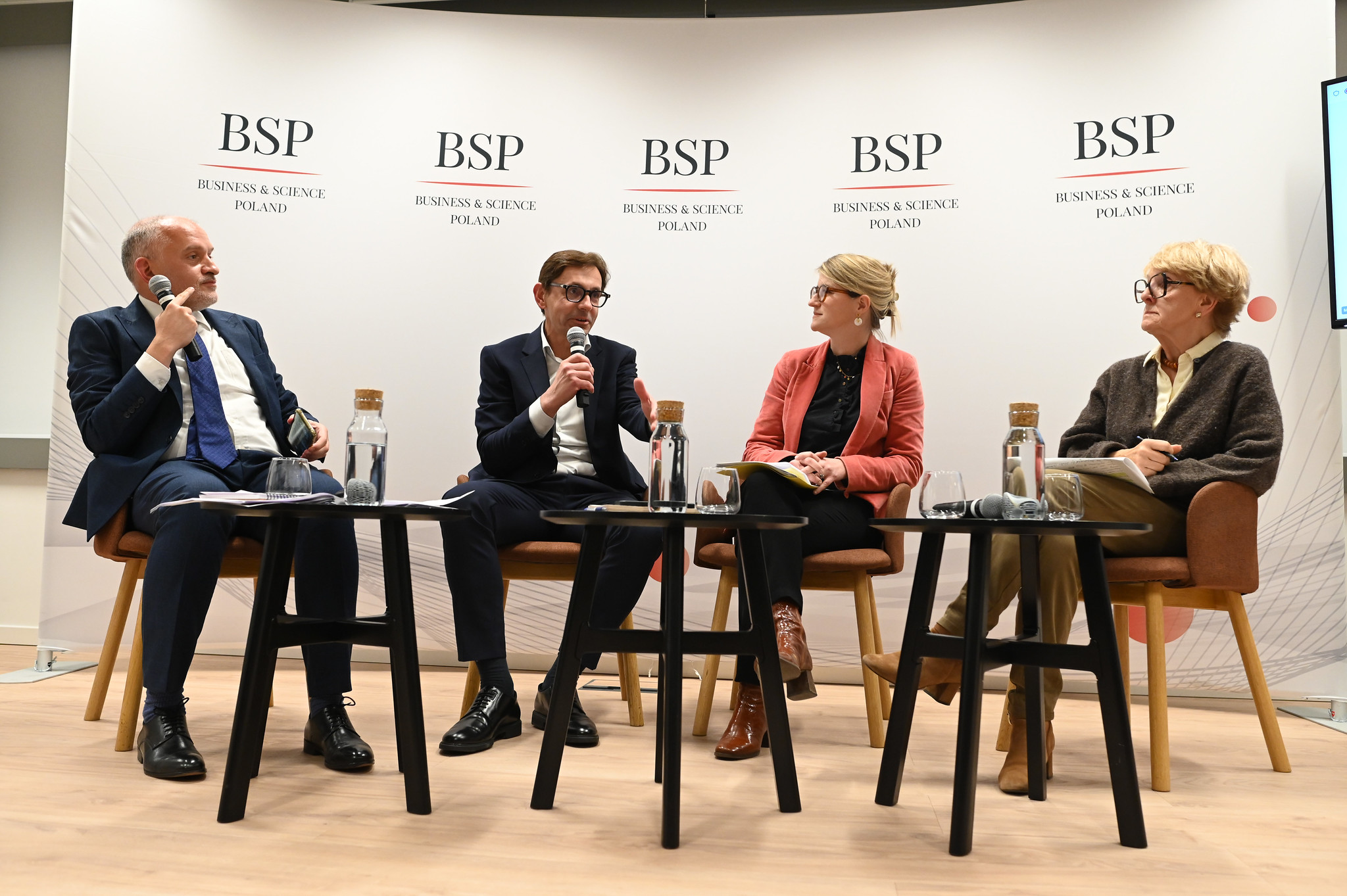
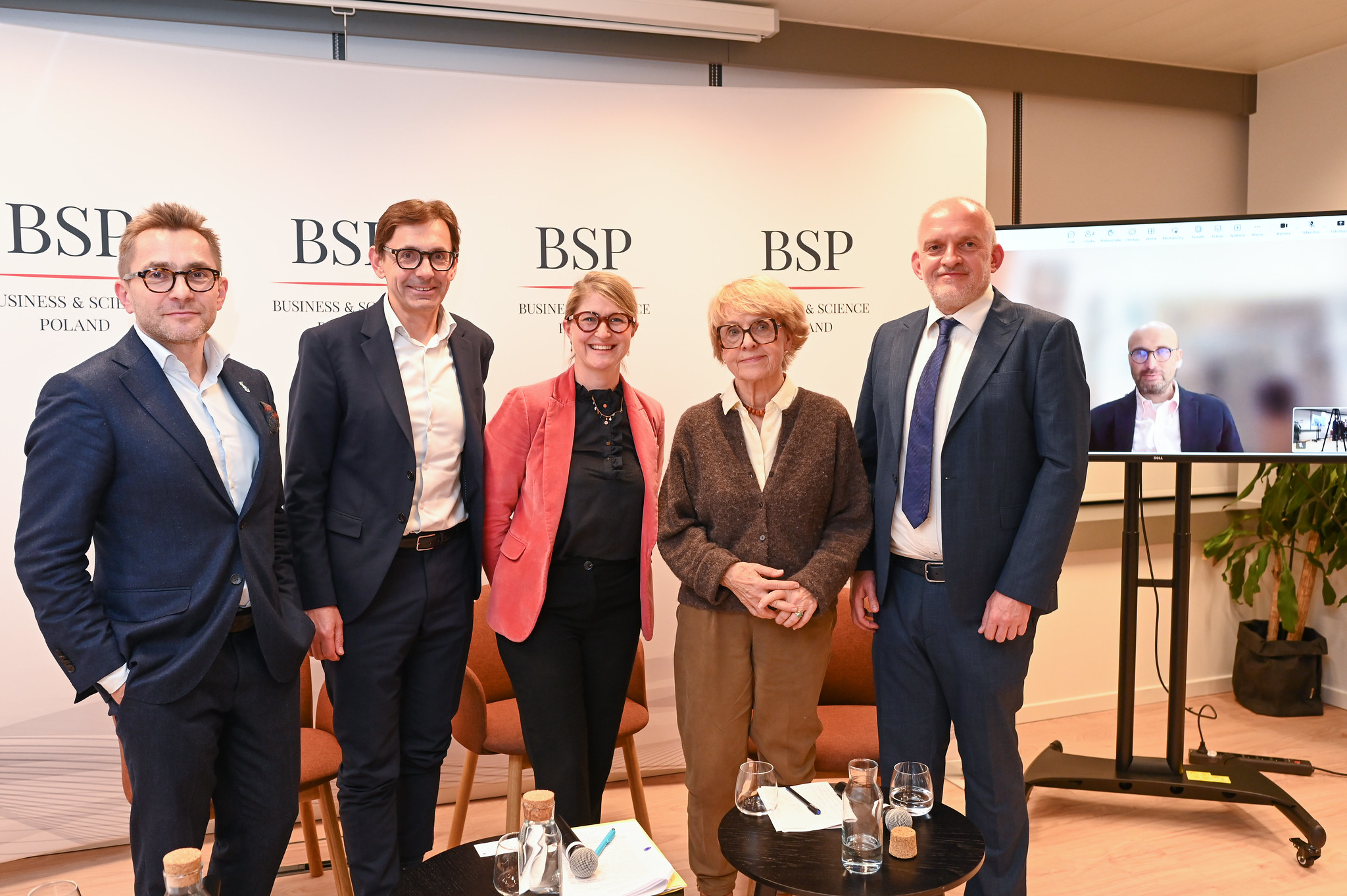
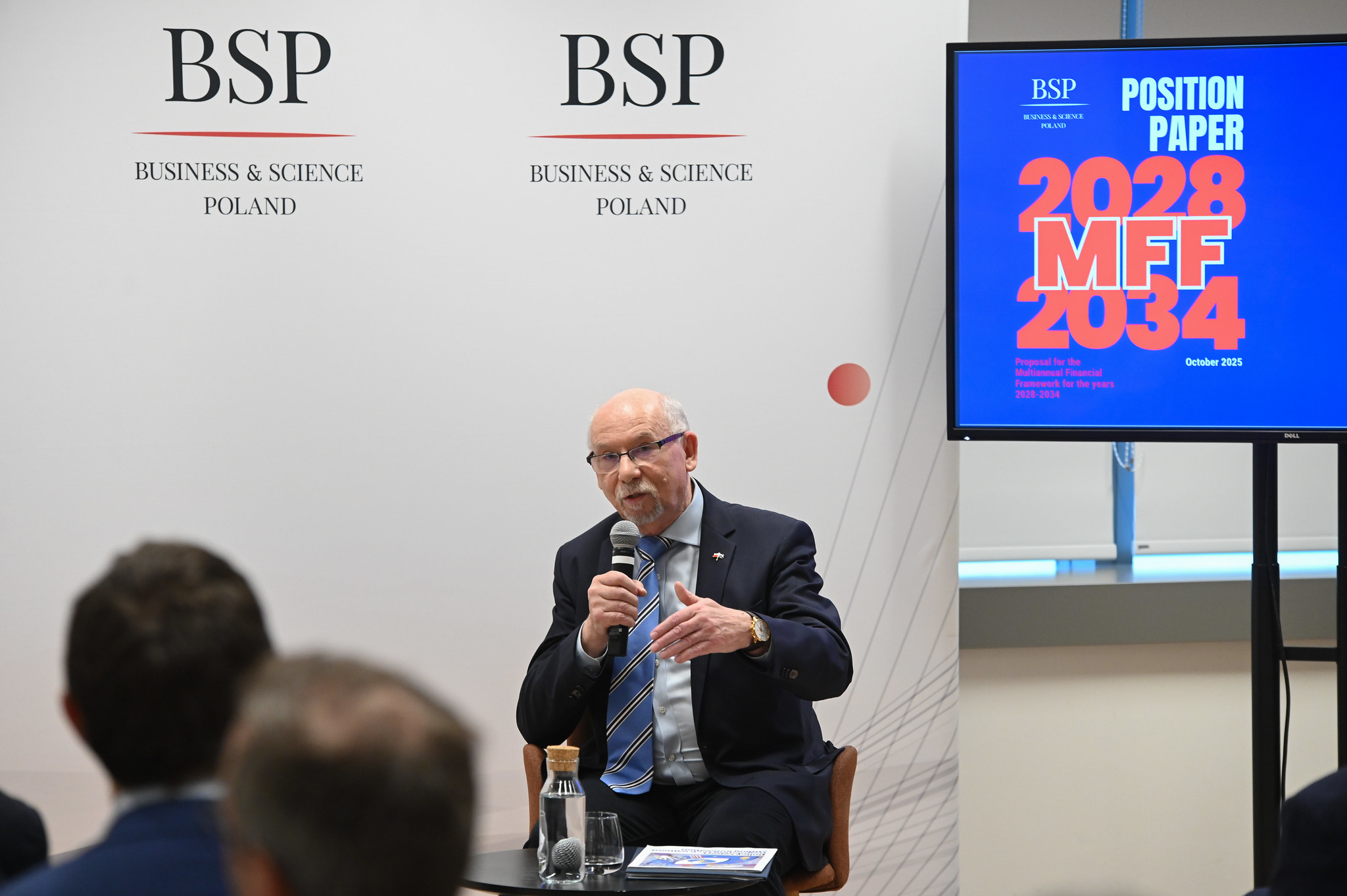
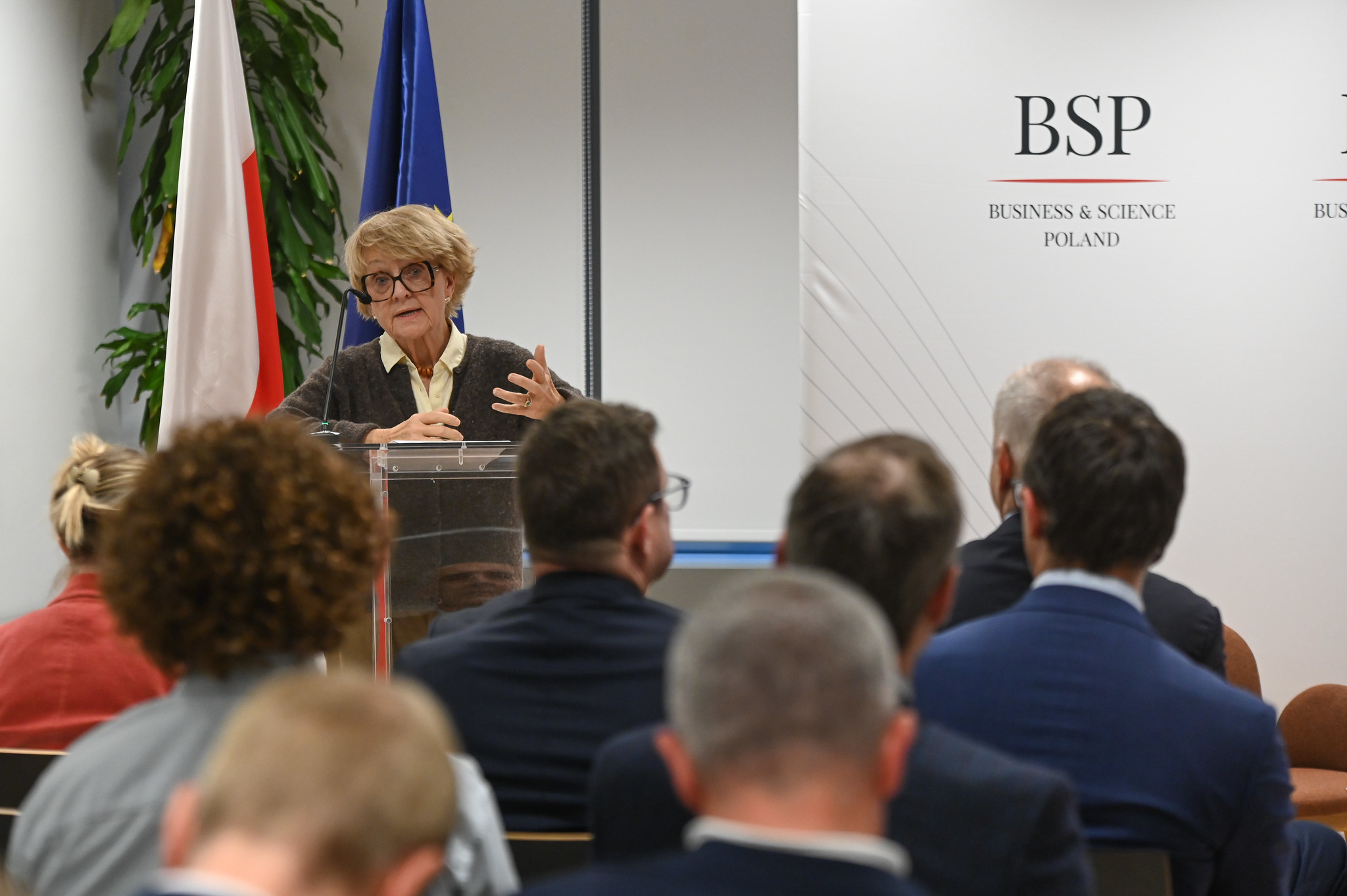
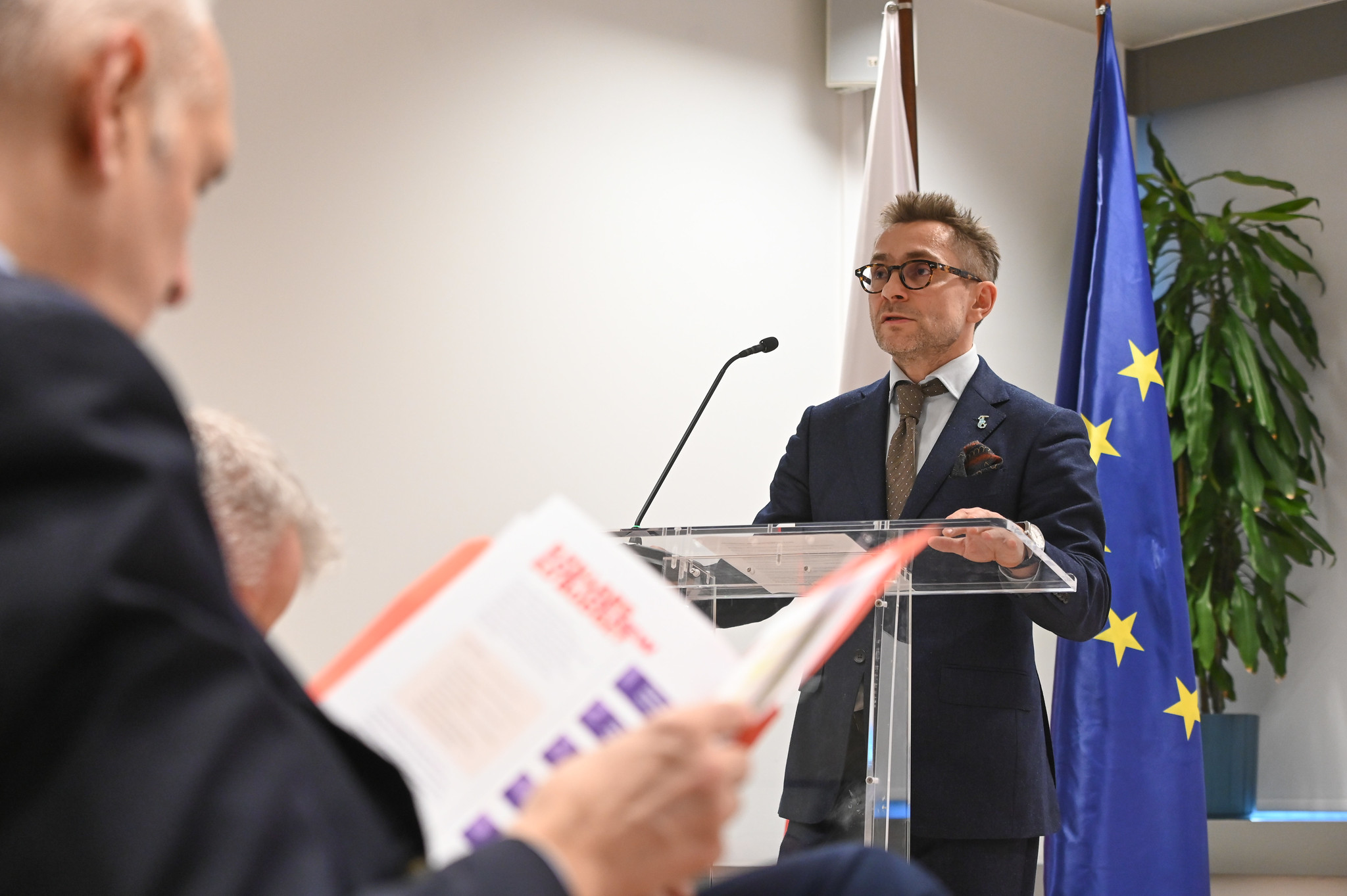

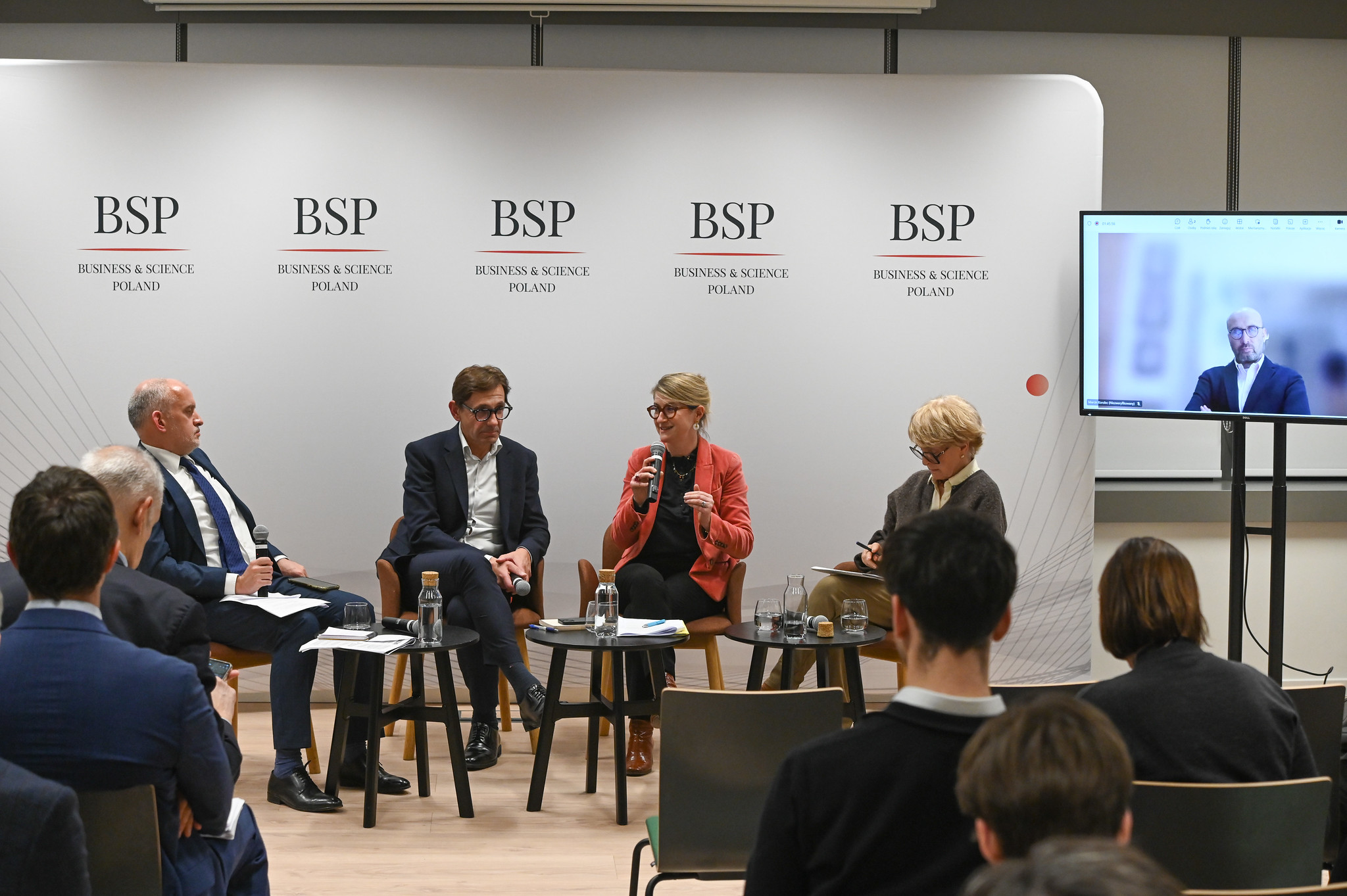

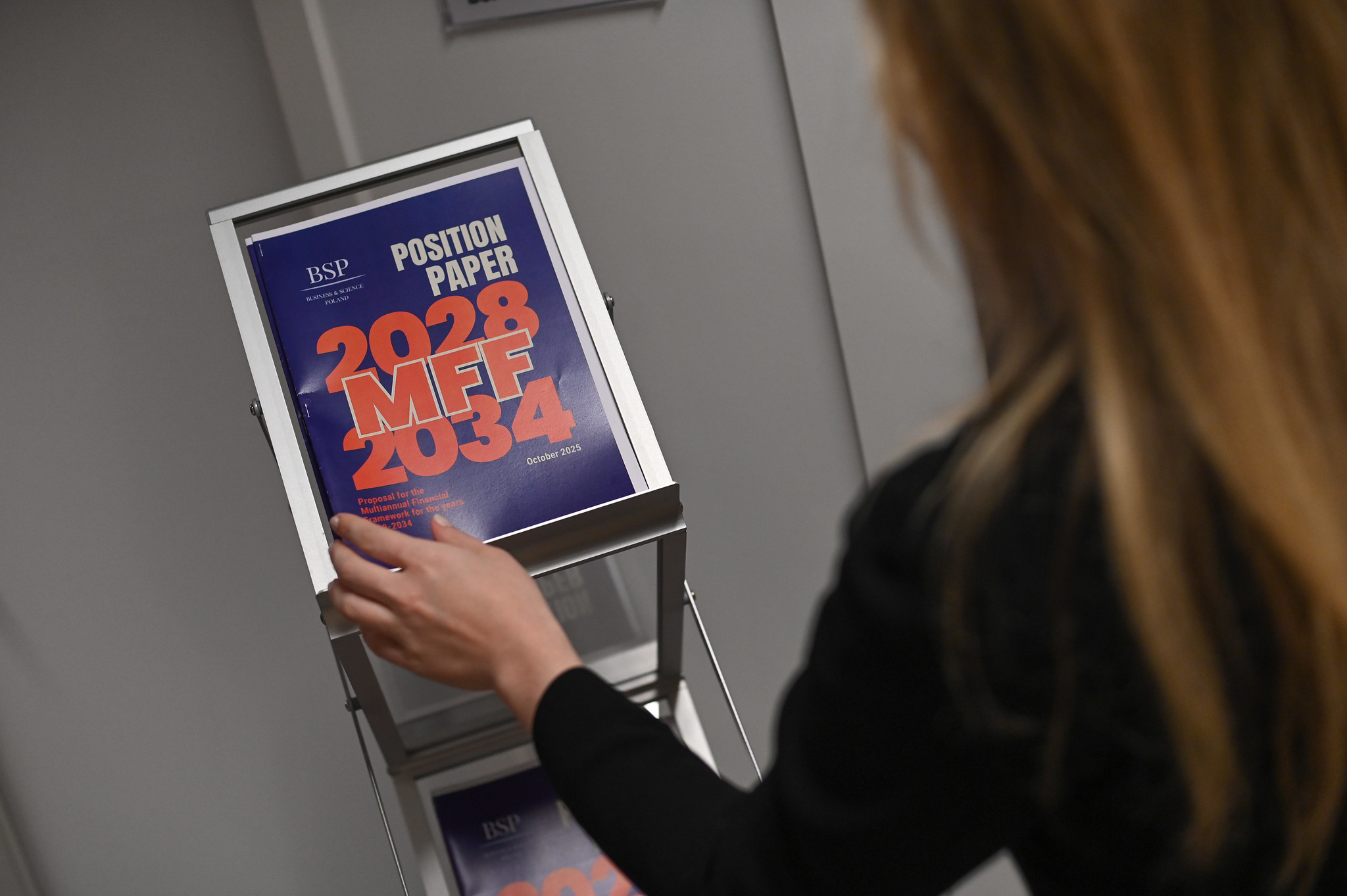
.png)
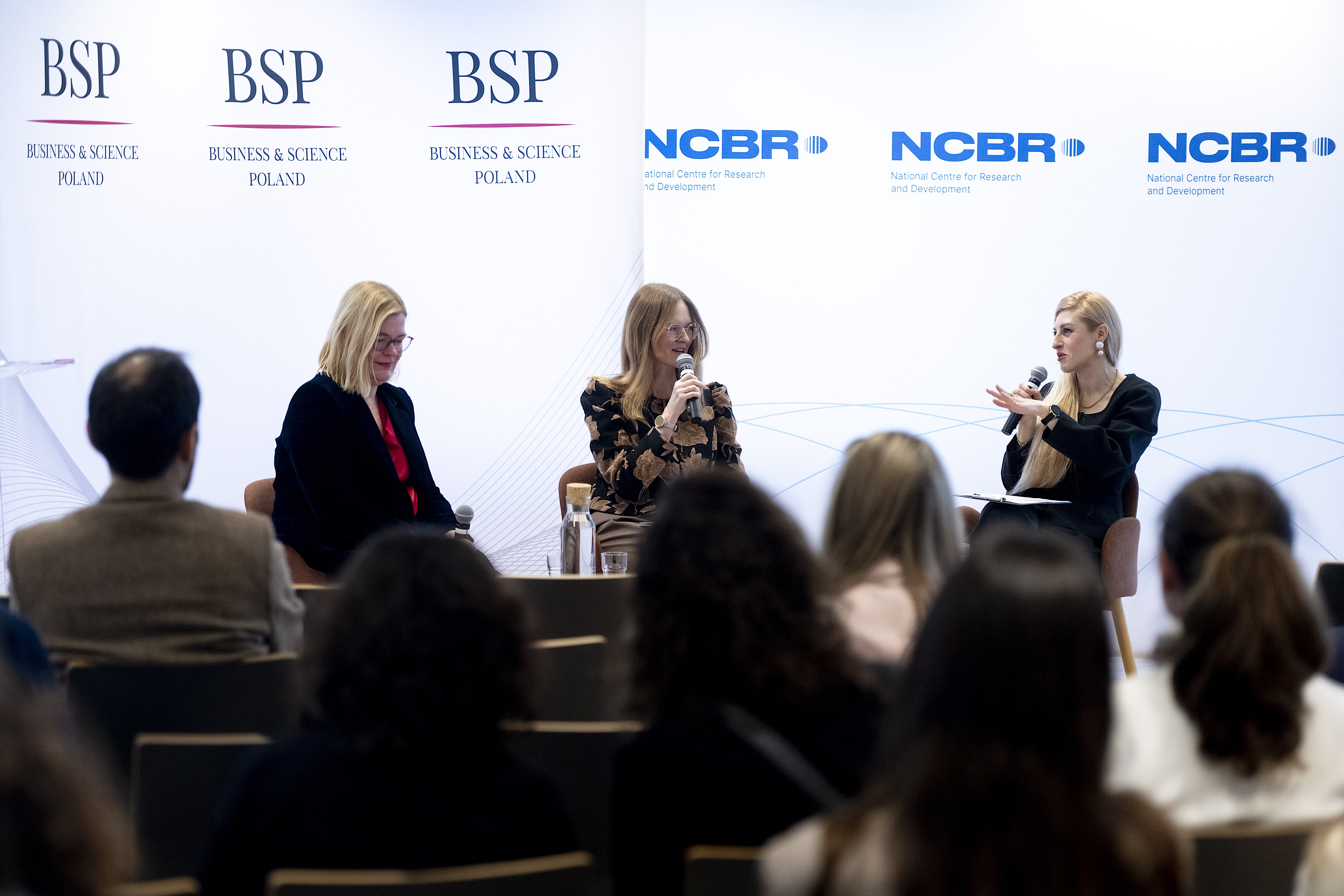
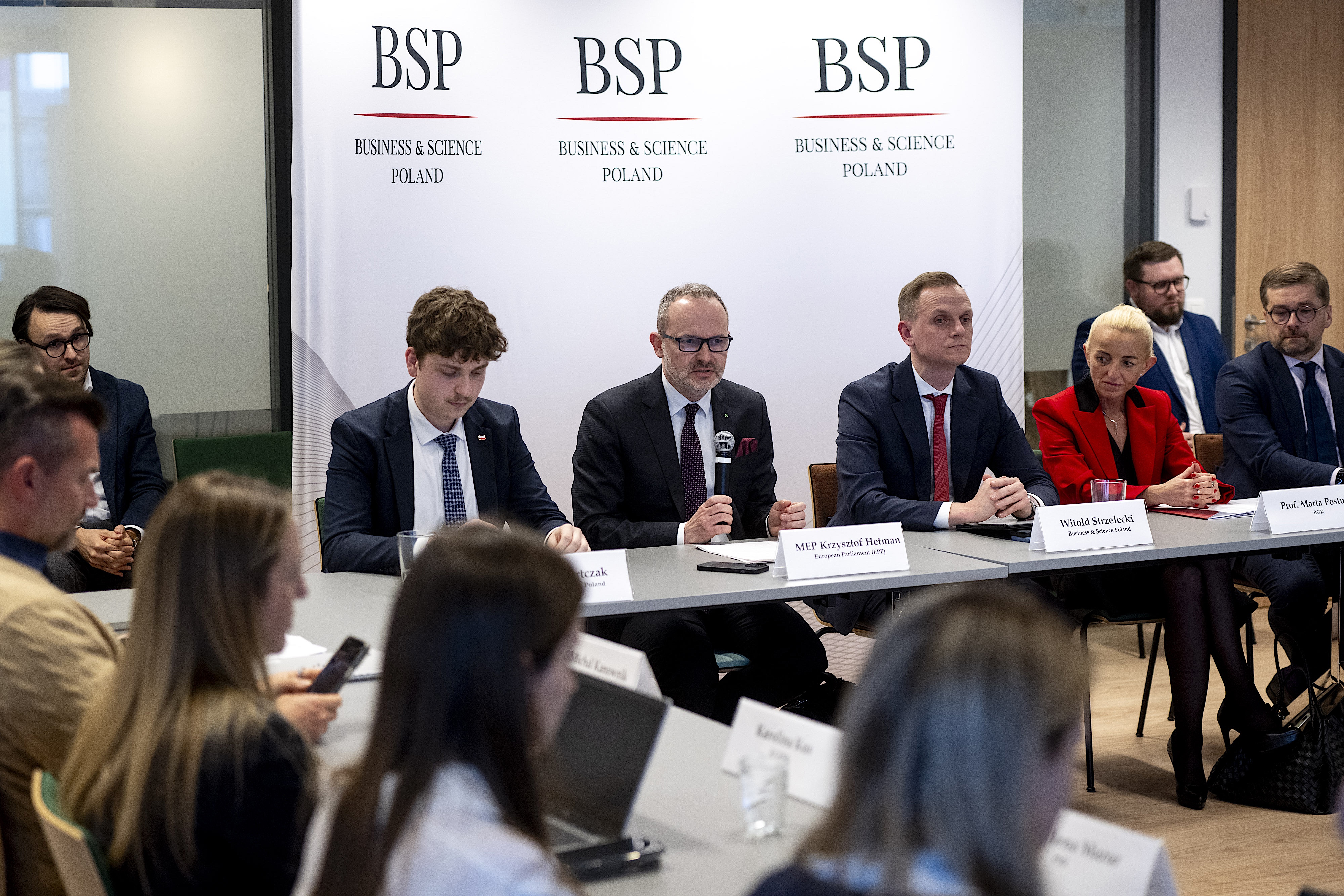
.png)
